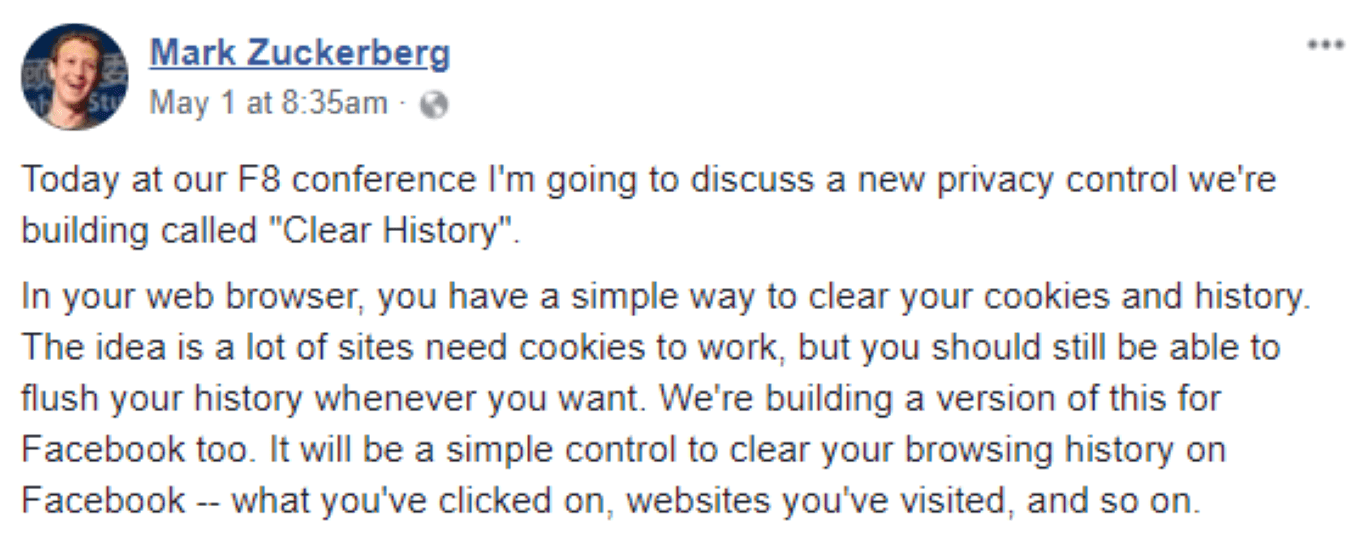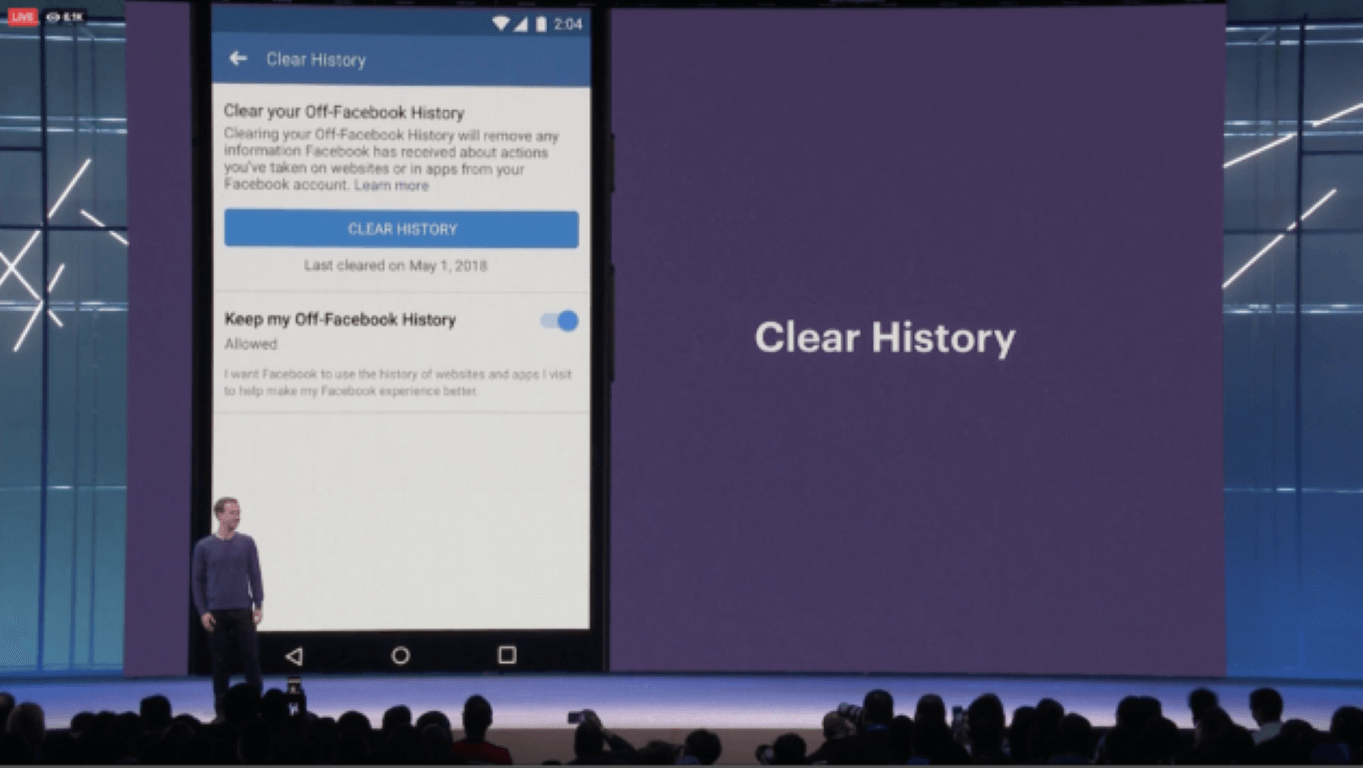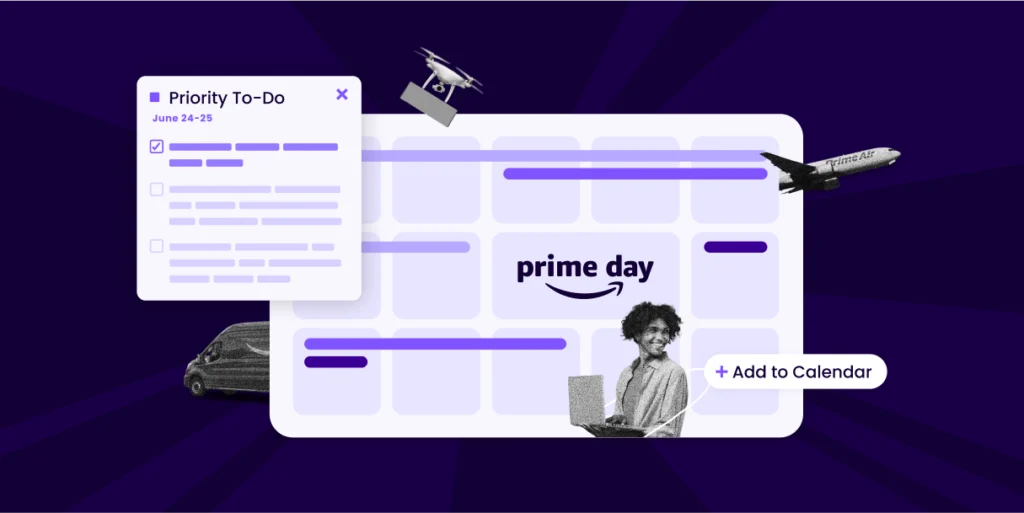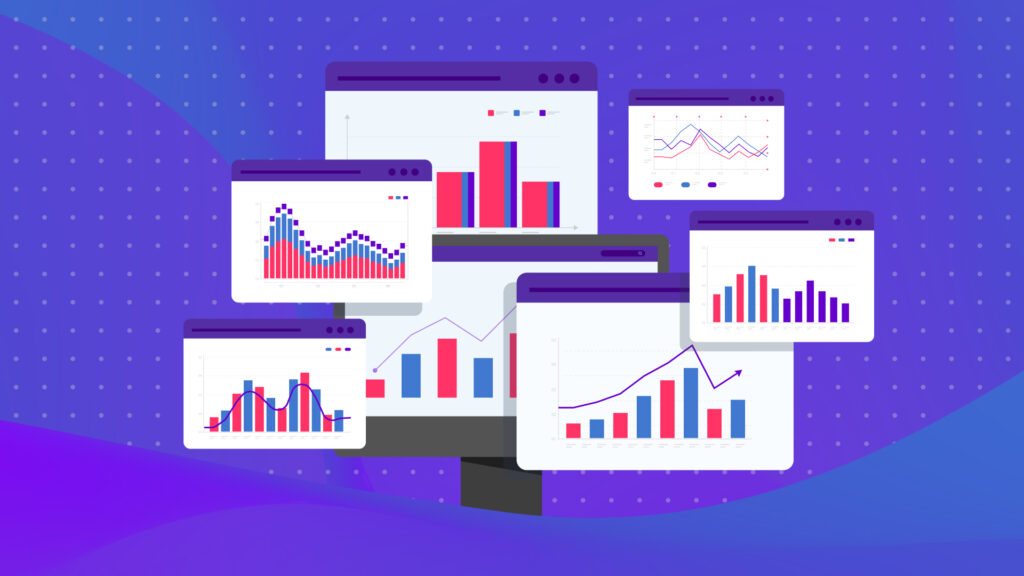‘Clear History’ was first revealed at this year’s Facebook F8 conference in San Jose. The idea of clearing your historical Facebook data has sparked interest in what it means for both the user experience and advertisers’ ability to target using the Pixel.
Let’s take a look at what ‘Clear History’ is, how it works, and how its release will impact both users and advertisers.
What Is ‘Clear History’ and How Does it Work?
Much of what we know about the new feature comes from this year’s F8 conference and intermittent revelations on social media and the Facebook Newsroom blog.
Both CEO Mark Zuckerberg and Chief Privacy Officer Erin Egan have made it clear that Clear History will enable users to:
- See which websites and apps collect and send user data when used
- Remove all information associated with their browsing and app history on Facebook
- Disable data collection and history from their account altogether
Mark Zuckerberg compared the feature to ‘clearing the cookies’ from your web browser:

While this may sound like a welcome addition for users concerned about misuse of data following the Cambridge Analytica controversy, it’s not without potential drawbacks.
‘Clear History’ Will Impact User Experience, Ad Relevancy
Erin Egan notes that Facebook uses your information to create more meaningful and relevant advertising experiences for users, and clearing this information will impact the Facebook experience.
“Apps and websites that use features such as the Like button or Facebook Analytics send us information to make their content and ads better. We also use this information to make your experience on Facebook better.”

-Erin Egan, VP and Chief Privacy Officer at Facebook
Although Facebook is granting a popular demand for complete control over personal data, users who decide to erase it or disable their history altogether risk creating a less relevant and more randomized advertising experience.
What Does ‘Clear History’ Mean for Marketers?
Although this feature hasn’t released yet, we can be confident that users who choose to use this feature will become more difficult to target and will offer less useful data for marketers.
“From a marketing standpoint, users that clear their history are going to become more difficult to target using the Pixel. From a user standpoint, users are going to get less relevant ads and maybe a detrimental ad experience. Users that decide to delete their history may find themselves removed from your retargeting Pixel.”

-Nii Ahene, Co-founder and COO at CPC Strategy
Despite these concerns, Facebook remains one of the most important platforms for marketers to reach consumers. It’s by far the largest social network with over 2 billion users worldwide.
And the social media giant continues to grow despite backlash from the recent data controversy.
There’s also a potential silver lining for advertisers. Resetting the user’s data may give a chance for Facebook (and advertisers) to relearn a user from scratch. Potentially building a more accurate and up-to-date picture of a user.
“Users may not utilize the Clear History feature since this will log them out of every app currently connected with their Facebook login. The inconvenience of re-signing into apps may deter mass use of the tool. Also, users that decide to clear their history will be subjected to more random displays. Users prefer a personalized experience, ads included.”

-Sarah Sanchez, Manager, Performance Social at CPC Strategy
Erin Egan’s post stated that building the feature will take “several months,” so it’s likely Clear History will release in the near future.
Want to learn more about Facebook’s privacy changes?
Facebook Messenger Apps Under Review, Following Cambridge Analytica Data Disaster
You Might Be Interested In













